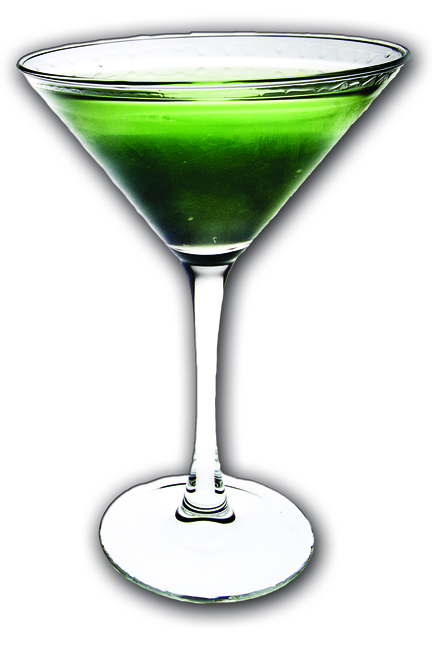Study: Students drink more while studying abroad
October 15, 2010
As Chris Ryan was planning for his semester at Harlaxton College in Grantham, England, in spring 2009, alcohol was the last thing on his mind.
Ryan, now a 21-year-old Bowling Green senior, lived in an apartment before his trip and would drink casually with his friends about once a week.
But while he was abroad, Ryan drank about three times a week, mainly on the weekends, but also some weeknights at the pub – called The Bistro – in the basement of the school.
A new study by researchers at the University of Washington in Seattle found that participating students more than doubled their drinking during study abroad trips.
The 177 participants were asked to record how much they drank one month before and one month after their trip.
Students who studied in Europe and Oceania – which includes Australia and New Zealand – or who were under 21 at the time of their trip increased their alcohol consumption more than other participants in the study, according to the research.
Tom Millington, director of Study Abroad and Global Learning, said alcohol is a temptation for students abroad because it’s easy to access.
But Millington had concerns about how the study would apply to WKU.
“This study may provide a small snapshot of what U of Washington students are doing abroad, but it is certainly not representative of other institutions of higher learning,” Millington said.
Ryan, who was 19 while he was at Harlaxton, said with limited things to do on the weeknights, hanging out at The Bistro was a way to socialize.
And there was nothing stopping him from drinking in England, where the drinking age is 18.
But Ryan said that when he drank, he wasn’t trying to get drunk.
When students traveled, they looked out for each other, he said. In Scotland, Ryan and his friends decided to leave a pub early when one of his friends got too drunk.
Often, students think that just because they aren’t in the U.S., they’re immune to consequences, Millington said.
The WKU Student Handbook states that students must abide by state law, which means that students under 21 can’t purchase, possess or consume alcoholic beverages.
And the Alcohol and Drug Prevention Policy on the Judicial Affairs website says the university’s standards of conduct apply on WKU property and on university-sponsored activities, which includes study abroad trips.
Scholar-in-Residence Bernie Strenecky has worked in 90 countries and has been involved in more than 50 youth study abroad programs.
In his 35 years of experience, Strenecky said he always has the same conversation with students about alcohol on trips.
“You are representing the university,” he tells them. “You are representing yourself and your country.”
Strenecky also warns them to stay in groups, watch out for one another and if they do drink, drink responsibly, he said.


























